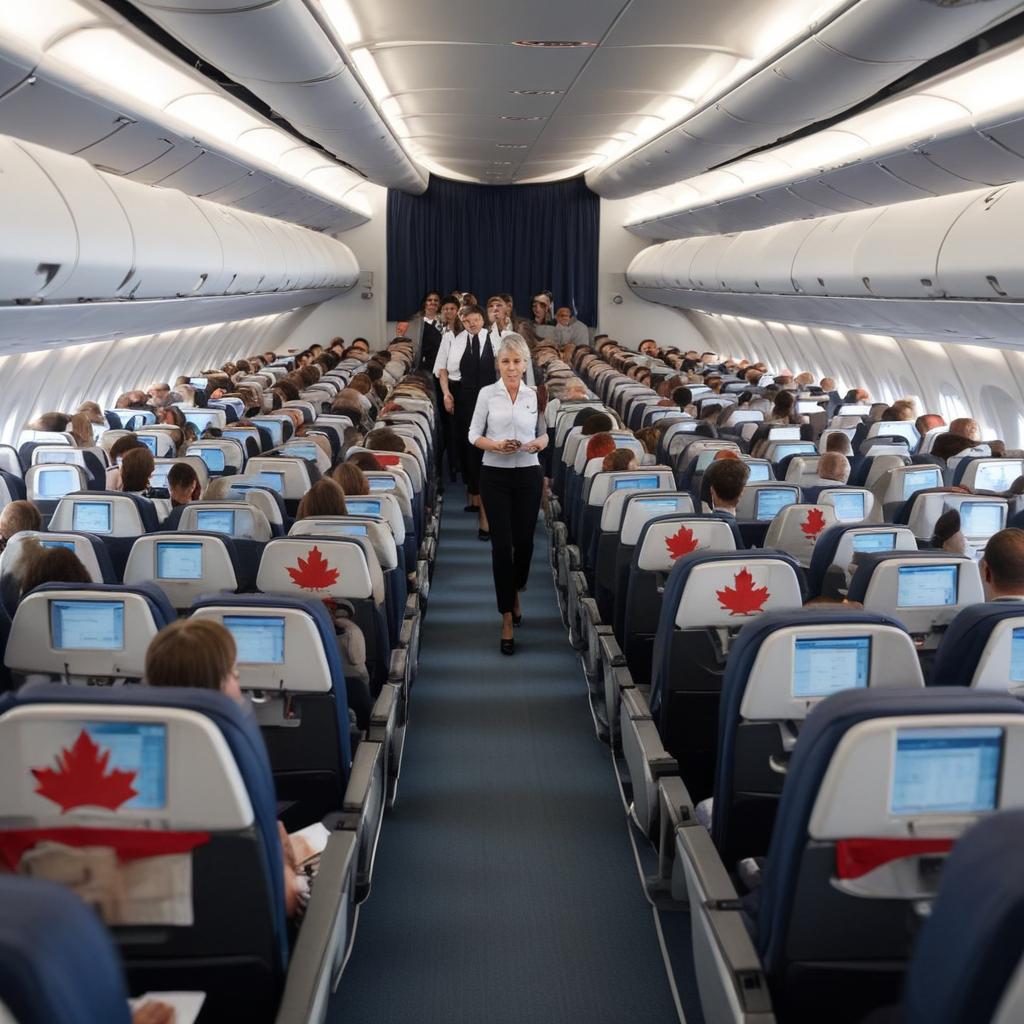Over 100,000 travelers stranded as Canada intervenes in Air Canada's flight attendant strike, forcing them back to work and into arbitration.
Canada's government intervened in a strike by Air Canada flight attendants, forcing them back to work and into arbitration. The move came after a work stoppage stranded more than 100,000 travelers globally during the peak summer travel season. Federal Jobs Minister Patty Hajdu cited economic concerns and the impact of US tariffs as reasons for the intervention. The 10,000 striking flight attendants will return to work, though full service resumption could take days. The union accused the government of violating workers' rights and criticized the speed of intervention. Air Canada, while not immediately commenting, previously estimated a week for full operational restart. The existing agreement will remain in place until arbitration determines a new contract. The strike caused widespread disruption, with hundreds of flights canceled and thousands of passengers stranded. The government's action follows previous interventions in transportation strikes, highlighting the reliance on air travel in Canada. Both sides remain far apart on pay and unpaid work issues, with the union citing a significant pay disparity compared to Air Canada pilots. The airline's offer of a 38% compensation increase over four years was rejected by the union, who argued the first-year raise was insufficient due to inflation. Passengers faced significant disruptions and frustration, with many expressing their concerns about Air Canada's handling of the situation. The government maintained its intervention was necessary due to the impasse between the two sides.



